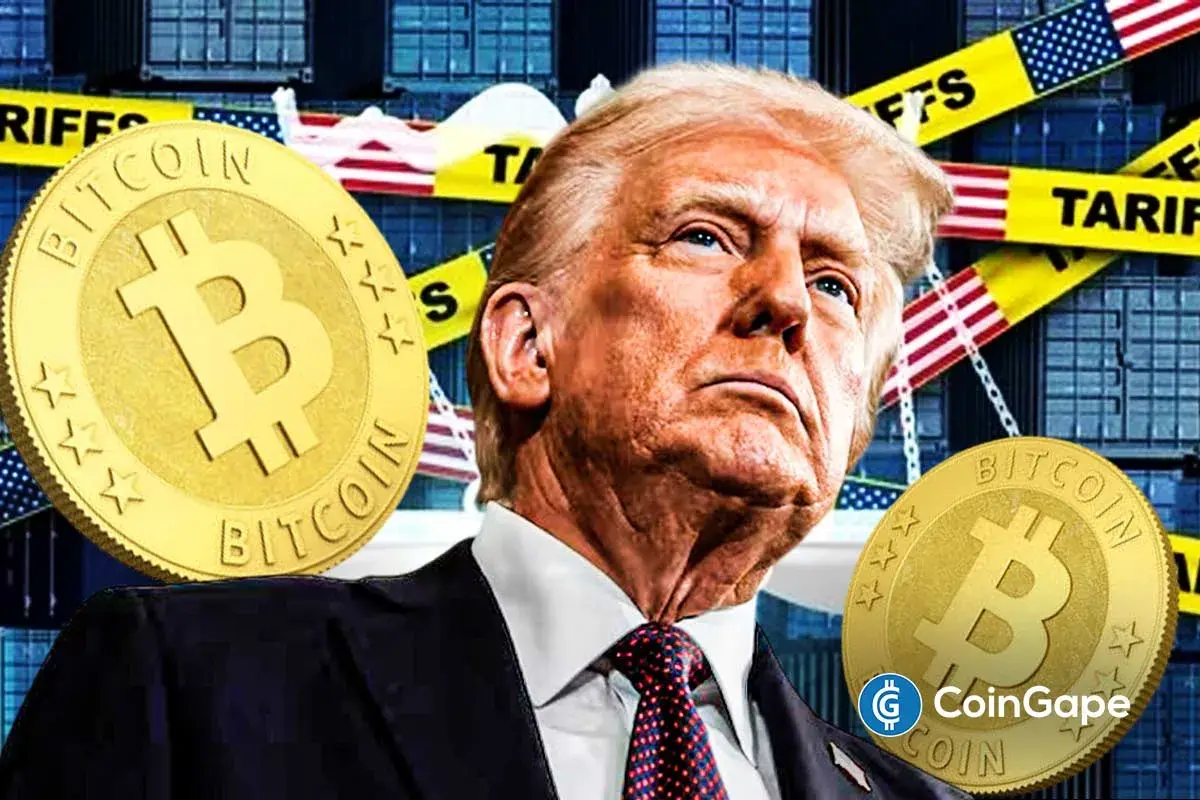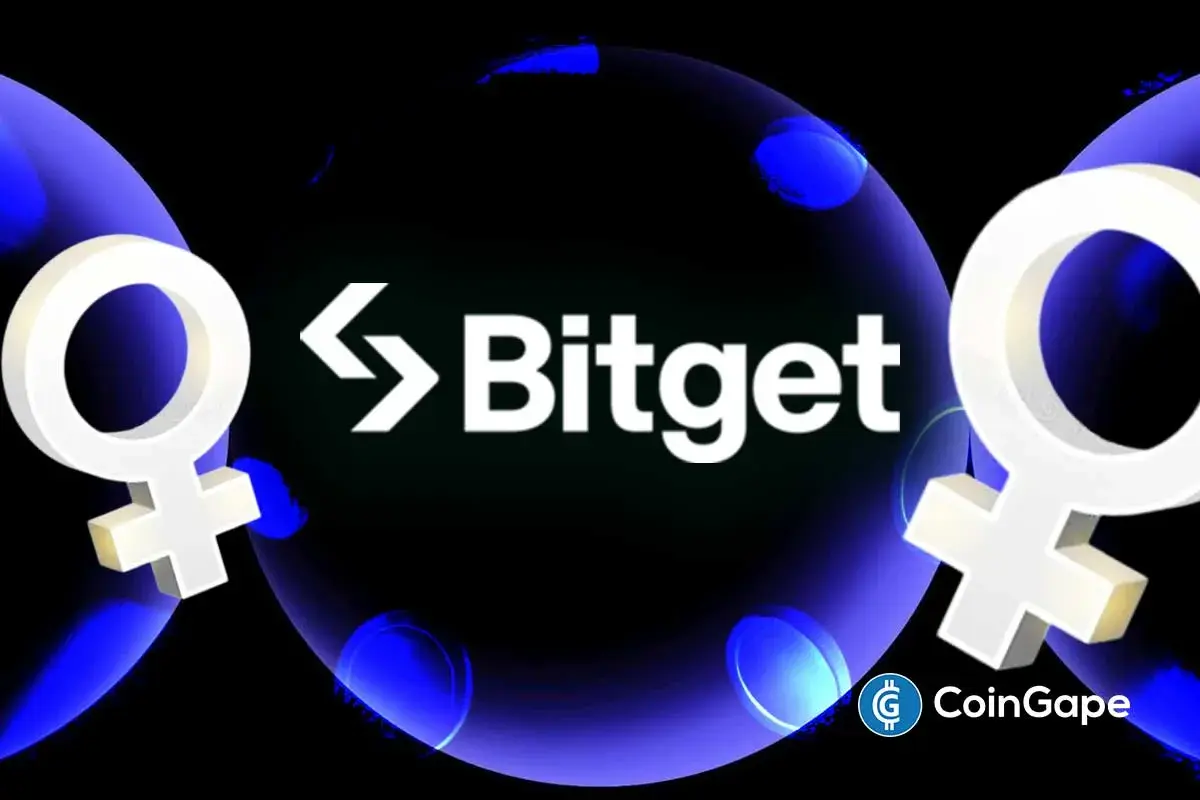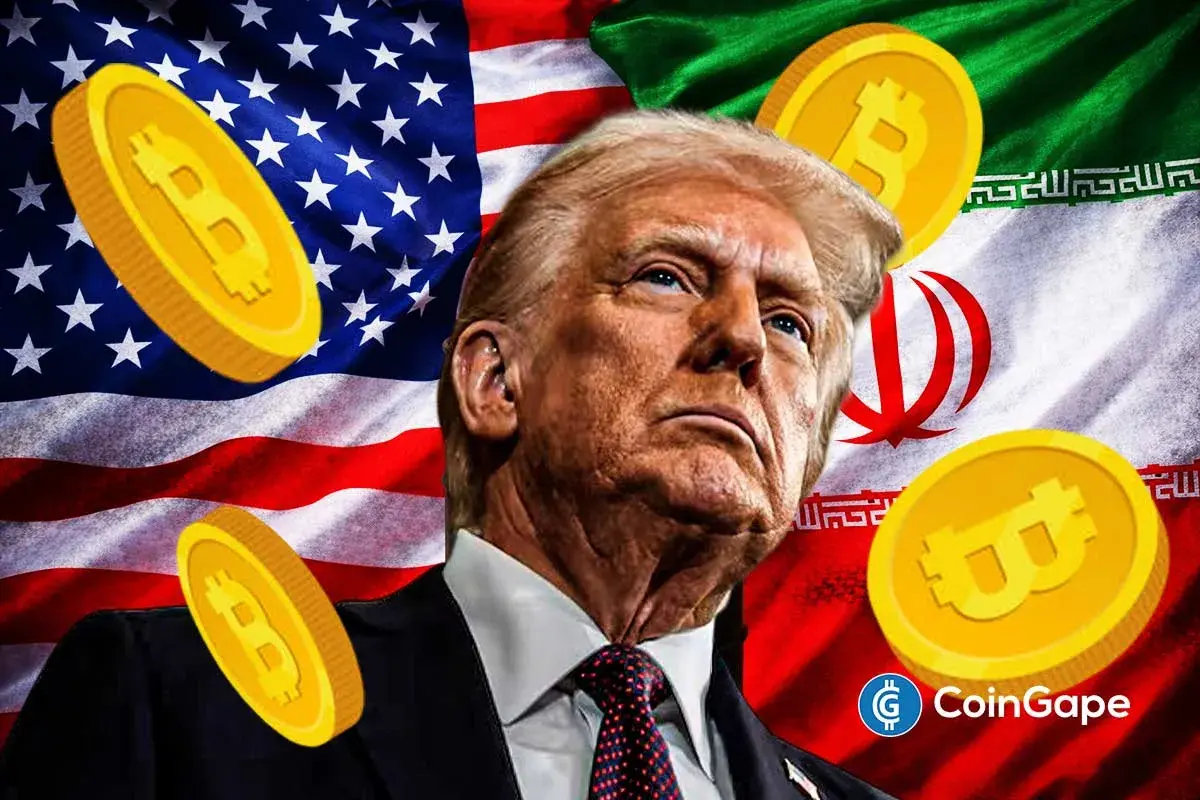South Korea’s Presidential Candidate Lee Jae-Myung Says ‘Yes’ to Crypto Donations

For the first time in South Korea’s political dispensation, one of its presidential candidates, Lee Jae-Myung, has announced that his campaign will accept crypto assets as donations.
Leaning Towards Crypto
It seems the people of South Korea are incessantly embracing cryptocurrency as the mania continues to engulf its citizens.
Recently, a presidential candidate of the Democratic Party of Korea, Lee Jae-Myung, and his campaign office announced that his campaign would be open to crypto donations. The crypto community has hailed this move as a game-changer as it has increased the popularity of politicians.
Per available information, donations can only be made in selected crypto assets, and donors would receive an NFT in return for every donation made in crypto assets. These NFTs would have the picture of the politician alongside his campaign promises.
It was also revealed that the crypto donations would be later converted into fiat currencies using an unnamed crypto exchange and deposited into the official contribution account.
Speaking on the credibility of collating and processing crypto donations, Lee Kwang-Jae of the campaign committee reiterated that “the donations will be managed in compliance with the Public Official Election Act and the Guidelines on Management of Political Funds.”
Additionally, Park Young-Sun of the Democratic Party shared her thoughts on Lee’s crypto campaign donations which she attributed to the party’s crypto-friendly policies. As the party’s digitization policy head, she will be meeting with gaming sharks next week to discuss the fusion of NFT and the gaming industry in South Korea.
South Korea’s Stance Towards Crypto
In 2021, South Koreans were one of those who massively adopted cryptocurrency.
A survey in the country revealed that 40.4% of 1885 workers were investors in cryptocurrency. It was further stated that these workers were between the ages of 20 and 39, around 87% of the surveyed population.
Before the survey, the South Korean National Assembly cracked down on the fast-growing crypto sector with new regulatory oversight laws forcing exchanges to impose stricter KYC policies.
Play 10,000+ Casino Games at BC Game with Ease
- Instant Deposits And Withdrawals
- Crypto Casino And Sports Betting
- Exclusive Bonuses And Rewards

- XRP News: Institutional Use Case Expands as Doppler Finance Integrates WXRP for Multi-Chain Access
- Trump Tariffs: Bitcoin Faces Fresh Headwinds as 15% Global Tariffs Begin This Week Amid Iran War
- Bitget Unveils ‘Crypto Anti-Bias Pledge’ To Support Women’s Inclusion In Crypto
- U.S.-Iran War: Crypto Market Rebounds as Iran Reportedly Reaches Out To U.S. To End Conflict
- Bitget Rolls Out Group-Based Maker Rates to Boost Liquidity Across Spot and Futures
- COIN Stock Analysis as Bitcoin Retests $72k Ahead of February NFP Data
- Robinhood Stock Price Prediction As Cathie Wood Buys $12M Dip in Bold ARK Move
- Bitcoin Price At Risk? Professor Who Predicted US-Iran War Says America Could Lose
- Gold Price Prediction March 2026: Rally, Crash, or Record Highs?
- RIOT Stock Prediction as Needham, Piper Sandler Slash Target After Earnings
- Cardano Price Outlook As Charles Hoskinson Warns Over CLARITY Act

 Buy $GGs
Buy $GGs

















